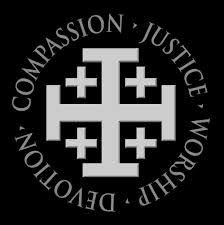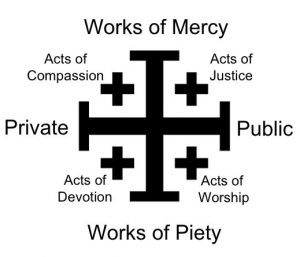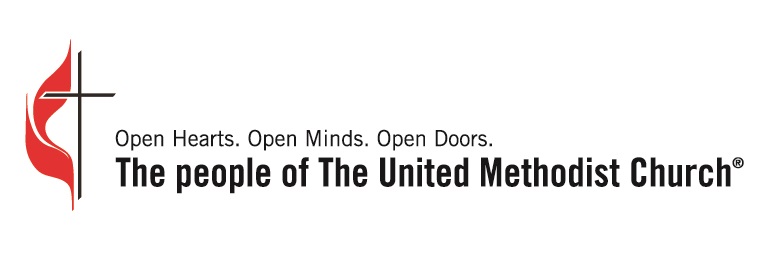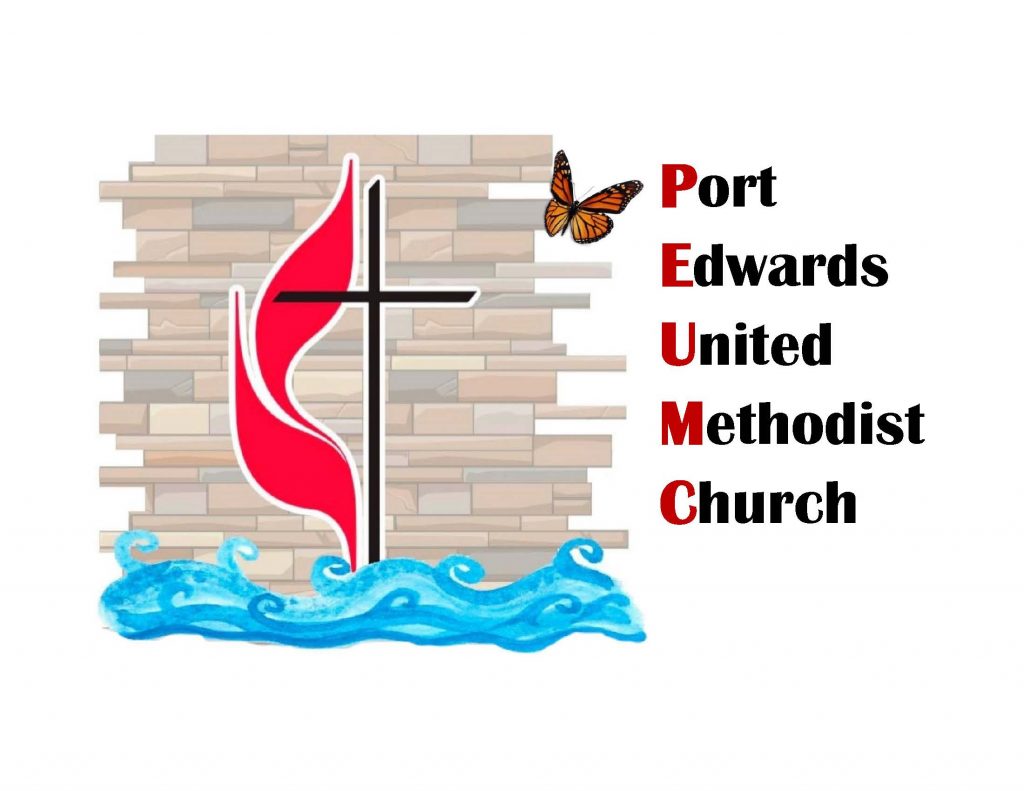Core Values At PEUMC
We,
the People of Port Edwards United Methodist Church,
have discerned that our three core values are:
(1) community/fellowship,
(2) spiritual growth/learning, and
(3) mission work/justice.
We see these as central to our spiritual DNA.
Who We Are At PEUMC
PEUMC is a thinking people. We strive to “love the Lord our God with all our minds.” Some of us have academic backgrounds, but certainly not all. Nevertheless, together we strive to be a thoughtful and understanding community of faith.
We are particularly mission-oriented and put a lot of pride in our community, regional, national, and global outreach efforts. We pride ourselves on being child-friendly and family-oriented. We may be an “older congregation” but we see this as a great asset:
we are a congregation of mature grandmas and grandpas with a lot of wisdom borne of the ups and downs of the Christian Life.
We do see ourselves as a church family. This is not meant to be exclusive. Simply put, we value long-term relationship-building which forms the backbone of our spirituality and discipleship. “There is no religion but social religion,” said Rev. John Wesley. We do not come to know God and grow in the love of God alone–we need each other!
We have a heart for our local communities and for being ecumenical (working with churches of other denominations).
Also very important to our DNA is that we are Reconciling. This means we are actively striving to be welcoming of all persons. In this regard, we acknowledge our progression toward a perfection of love. We desire to be an inclusive and affirming community of faith especially for our LGBTQ+ siblings.
“All people are of sacred worth!”
(The United Methodist Church’s Book of Discipline, 2016).
We want everyone to know that they are loved, can love, and are loveable!
Core Practices as Methodists
Our core values stem from Rev. John Wesley’s understanding of a well-balanced Christian life. At its most basic are two broad areas of Christian duty: Works of Piety and Works of Mercy.
- Acts of Piety refer to all the necessary actions we do to improve and challenge ourselves. These acts are often inward/internally focused and are what we may call ‘spirituality.’ Here, the orientation is on our personal relationship with God. “Love the Lord your God.”
- Acts of Mercy refer to all the necessary actions we do to improve and challenge the lives of others. These acts are often outward/externally focused and are what we may call ‘discipleship.‘ Here, the orientation is on our personal relationship with other people.
“Love your neighbor as yourself.”


Both Works of Piety (inward spirituality) and Works of Mercy (outward discipleship) have private/personal and public/communal dimensions. Therefore, using the above model, John Wesley outlined the four areas of Christian Living:
1. Devotion
2. Worship
3. Compassion
4. Justice
Devotion refers to those primarily private/personal acts we do to improve and challenge ourselves: private & family prayer; reading & meditation upon scripture; spiritual disciplines; etc.
Worship refers to those primarily public/communal acts we do to improve and challenge ourselves: congregational worship; being baptized and partaking in Holy Communion; small groups; covenant groups; Sunday School; bible studies; accountability groups; etc.
These two are Works of Piety (or ‘spirituality’)–with an inward/internal focus.
Some things we do individually (one-on-one); others require group effort.
Compassion refers to those primarily private/personal acts we do to improve and challenge the lives of others: charitable giving; paying-it-forward; helping out someone; supporting local food pantries; etc.
Justice refers to those primarily public/communal acts we do to improve and challenge the lives of others: letter writing to government officials; marching and picketing; boycotting; advocating for the voiceless; rallying against unjust policies; etc.
These two are Works of Mercy (or ‘discipleship’)–with an outward/external focus.
Some things we do individually (one-on-one); other require group effort.
What We Believe as Methodists

United Methodism recognizes itself as standing firmly within the wider Christian tradition from the time of the Apostles, and consequently, affirm the basic Christian values as outlined in the early ecumenical creeds such as the Apostles’ Creed and Nicene Creed.
Specifically, we trace our roots through the Church of England where weekday societies geared for the spiritual renewal of the English people were formed under The Rev. John Wesley (1703-1791). Through his leadership and teachings, these gatherings grew beyond imagination, sparking an era of revival throughout the British Isles and into the American colonies. This was a revival that transformed the Church and society through a vital religion of heart (inward) and life (outward).
Wesley’s “Three Simple Rules” guided His Methodists for centuries:
1. Do no harm.
2. Do good.
3. Stay in love with God.
Wesley believed a living, vital faith comes from real, personal experiences of God. He valued Scripture (accounts of ancient cultures experiencing God over centuries), Tradition (the Church’s shared experience of God over centuries), Reason (the wisdom of God discerned collectively by humans), and Experience (our own personal encounters with the Living Christ and Holy Spirit).
Wesley believed in a balanced religion that avoided extremism: where the head and heart are united, the personal and public are joined, and inward spirituality meet outward discipleship. “The Methodist,” he said, “is one who loves God and neighbor by inward acts of piety AND outward acts of mercy in the world.”
The United Methodist Church continues to be active in the world today, involving itself in systematic changes through politics and legislative processes. We take stands on controversial social issues, recognizing God loves every person and everyone is worth fighting for. All people deserve a quality of life and dignity! ALL PEOPLE ARE OF SACRED WORTH! We also emphasize the grace of God at work in our lives long before we ever recognize it! Everything we do for God and others is a response to the goodness already in our lives from God. The People Called Methodists have always been known as a hope-filled group. We err on the side of grace and often make our love known in practice ways, like through singing and potlucks!
The United Methodist Church’s global mission is
“to make disciples of Jesus Christ for the transformation of the world!”
For more information about what United Methodists believe, visit our denomination’s website (umc.org) or contact our pastor.

